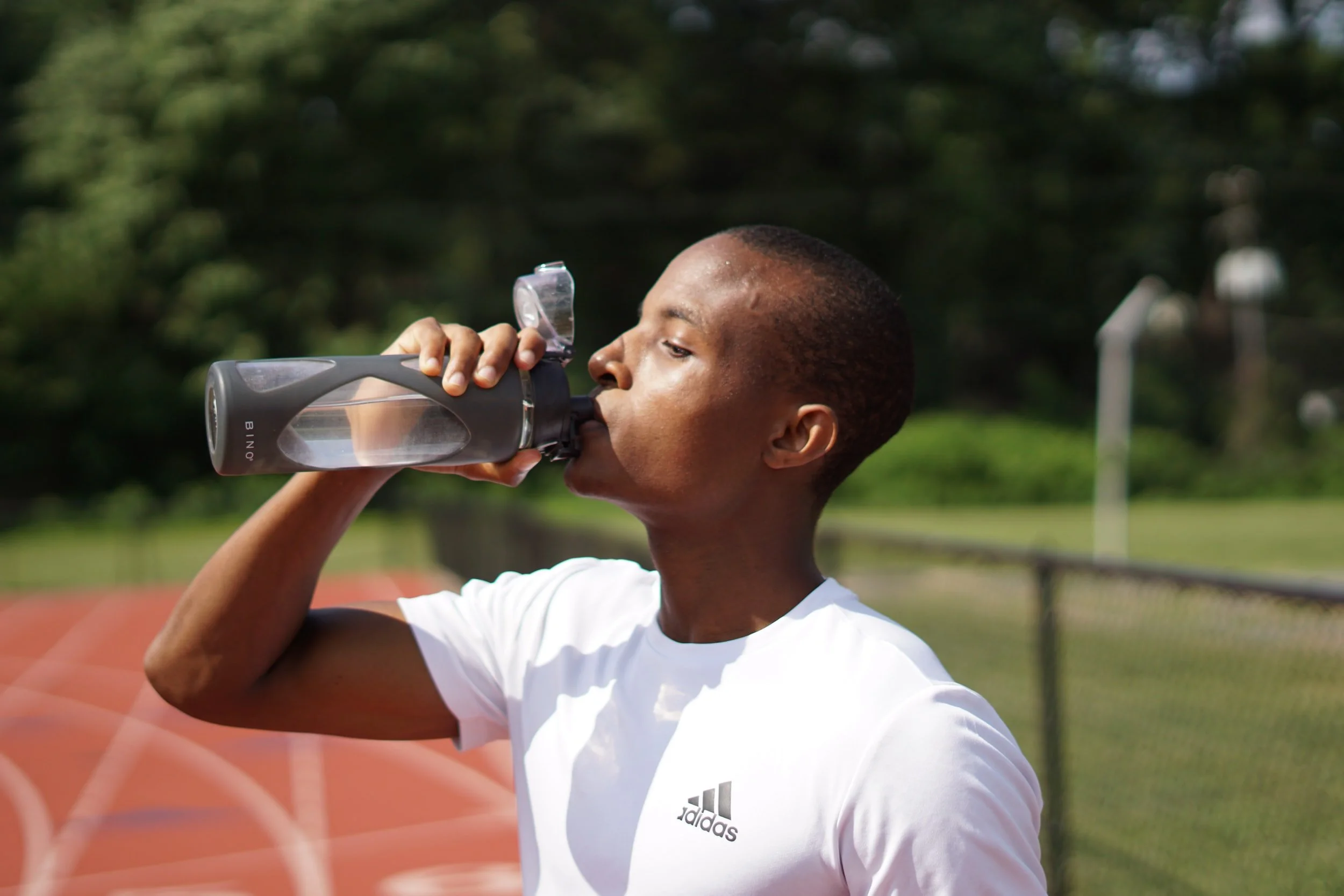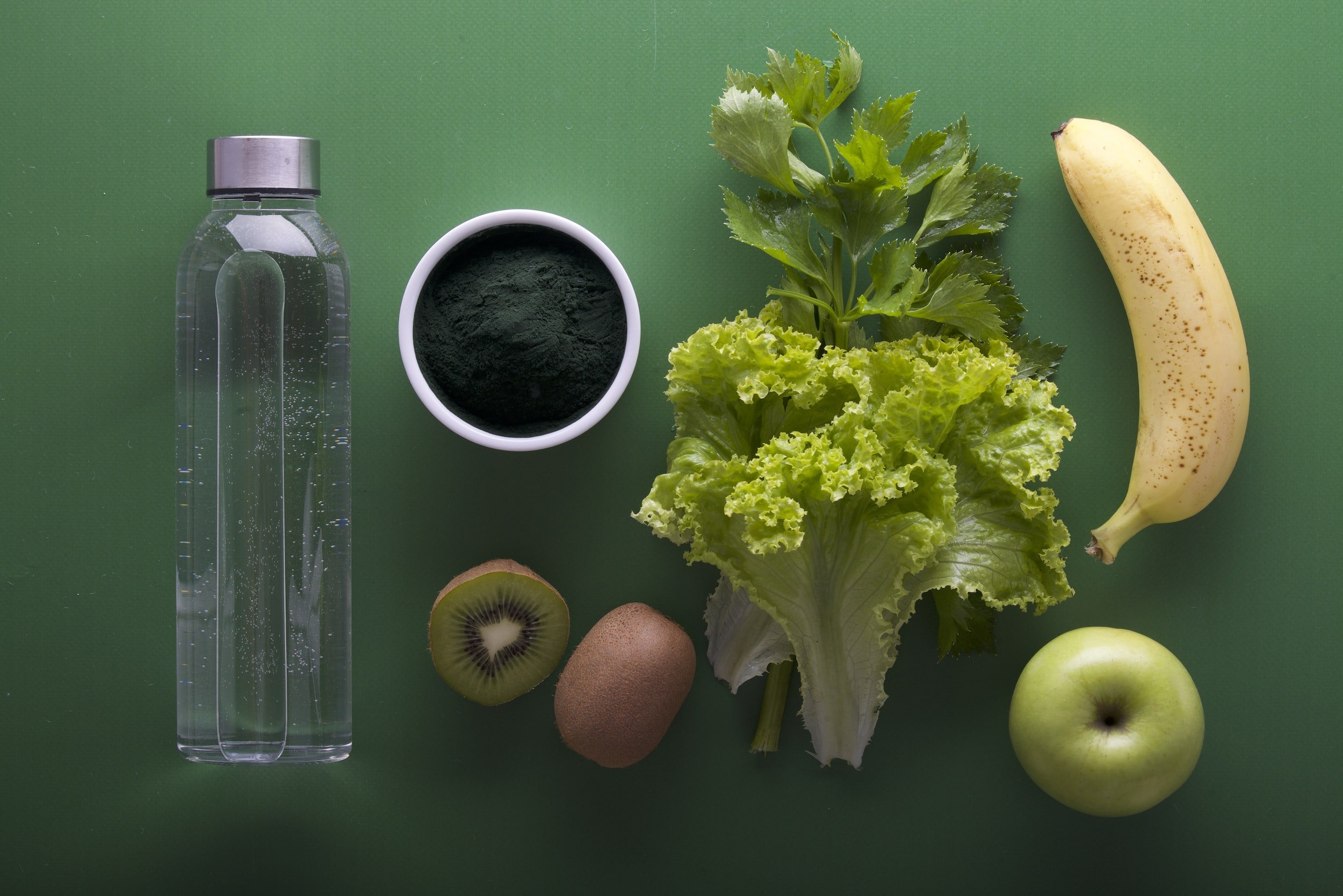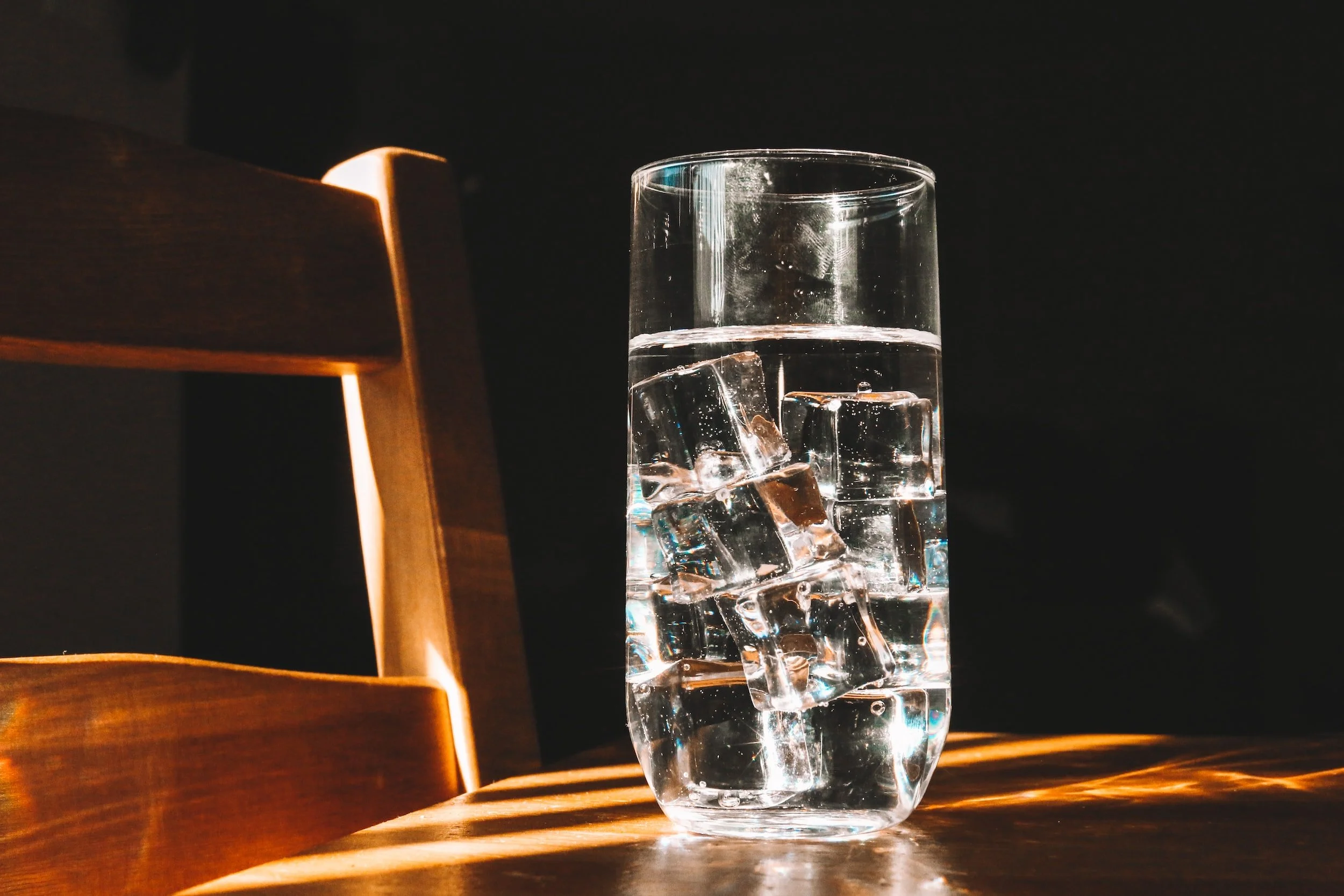Break These 3 Drinking Water Mistakes to Boost Your Health and Vitality
When I feel thirsty, I drink water. Before I go to bed, I drink water. In the morning before I go for a walk, I drink water. You see, when it comes to staying hydrated, most of us know that water is essential and the best fluid for our overall health. However, there are drinking water mistakes that not all of us know which are actually harming us rather than helping us.
Have you also asked yourself how much water is enough for your body size, age, or lifestyle?
Have you ever wondered if it’s okay to drink water whenever you want to?
Did you ever doubt if drinking hot water is actually better than consuming ice cold water if you want to lose weight?
There are lots of questions that might have crossed your mind about drinking water or how to maximize the water benefits.
In this blog, we will be discussing the top 3 drinking water mistakes a lot of people make and what to do instead to build a healthy drinking water habit. If you want more blogs like this, I invite you to subscribe to my email list for updates on health and wellness.
Optimize Your Overall Health and Wellness TODAY!
No need for NEW fitness gears. No worries about setting aside additional TIME or ENERGY. Just incorporate these with your EXISTING routines or swap them with your OLD HABITS.
Mistake #1: Not Drinking Enough Water
How much is TOO much and how much is ENOUGH?
An average person (which actually means the general population in a demographic) is recommended to take at least 8 glasses or 2 liters of water. To be exact, that’s 3.7 liters for men and 2.7 liters for women (ages 19 to 30 years) according to U.S. National Academies Press.
Drinking too much water can lead to hyponatremia. This is a form of water intoxication (whoa!) where the sodium level in your blood is diluted. If this happens, the cells suffer and can lead to seizures, brain damage, and severe issues. It can also become lethal.
Monitoring your water intake
Here’s one simple way to monitor your water intake:
Use a water bottle. This is the easiest and most effective way for you to keep track of how much water you’re actually taking in.
Other sources of body water
It’s important to note that water isn’t the only source of your actual body water. It can also come from foods like:
Cucumber
Tomato
Apple
Lettuce
Watermelon
Watercress
Peach
Milk, tea, and fresh fruit juices are also good sources of water. Coffee, soda, and other forms of beverages may fall on the not-so-healthy side of the list but they still contribute to your total body water.
Now, monitoring your water intake might seem like an additional task on your plate but trust me, it might even help you to eliminate those on the not-so-healthy side of the list. It simplifies the task and helps in your health and wellness journey.
Equally important things to note when drinking water
Another thing to consider in terms of how much water to drink is your lifestyle, age, gender, medical issues, climate, and others.
For example, you’re an athlete. Take note that you engage with physical activities that lose fluids in your body so you may need to drink more often.
Older adults may be required to drink less because their system works differently due to the aging process.
People with medical conditions such as kidney failure, heart problems, and diabetes may also be advised to drink less
How do you know if you’re drinking too much?
To know if you’re drinking too much, you may check your urine color. If it’s very light, it might be a sign that you’re drinking more than your body needs. It’s not a hundred percent reliable especially in specific situations so I would suggest you speak with your nutritionist, dietician, or doctor to be guided accordingly.
Mistake #2: Drinking Water at the Wrong Time
Since drinking water is essential in maintaining or improving our overall health and wellness, should we do it anytime we want to?
There are instances where we suddenly feel thirsty and we regret not drinking water earlier when we have access to it.
Sometimes, during an exercise, people experience cramps or signs of dehydration such as dizziness.
It has also been a practice for some to eat their meals with a glass of water in front of them.
Should you drink water before or after a meal?
There’s a lot of arguments around drinking water with meals or if it’s best to drink before or after eating. Some say water intake before and during a meal can dilute digestive juices which means the body won’t absorb the nutrients properly. There’s a lot of studies around this but most have proven that it aids rather than disturbs the processing of food in the body.
Here’s another thing that stood out to me. If you are an older adult, drinking water before meals might help in your weight loss journey.
Drink when you feel thirsty
Sometimes, you feel so thirsty and you wouldn’t be very conscious about how you are drinking your water. Drinking water too quickly in large amounts, like you’re in a rush, might cause bloating. Notice when you drink and gulp. The larger your gulps, the more air you’re letting inside your stomach. And when you don’t burp, you feel bloated.
Always make water accessible to you to prevent this drinking water mistake from happening. And in circumstances that it does happen again, be mindful and sip the water slowly so as not to take in air with your water.
Before and After Sleep
Experts also recommend drinking water before going to bed. Staying hydrated while your body resets for the next day will help regulate better sleep. It might come with constant waking up in the middle of the night to urinate but you can prevent this. Drink a glass of water 30 minutes before going to bed. By then, you may have relieved yourself before you totally doze off.
Likewise, it’s good to drink water first thing in the morning to rehydrate your body and promote a healthy habit. It aids in your brain function, mood, and energy levels - what a really good way to start your day, right?
Mistake #3: Drinking Water with the Wrong Temperature
Now that you know how much water you should be taking, when are the ideal times to drink, and how to monitor it for best results, let’s talk about why hot or cold water is the best for your specific goal.
Avoiding One of the Common Drinking Water Mistakes
One mistake that many people make is drinking water just because..
Just because a friend who is on a weight loss journey says it’s best to drink hot water after meals to burn calories.
Just because a TikTok video said that ice cold water in the morning is the best if you want to start the day with high energy.
Or just because it’s what everyone is doing at work, school, etc.
Drinking too hot or too cold water can have a significant impact on our health. The best recommended temperature is between 60°F and 70°F or somewhere in the range of your body temperature. This is easy to drink for you and doesn’t cause discomfort or damage.
Drinking the right temperature for your body is sure to help improve digestion, boost metabolism, and support hydration. It also helps maximize the absorption of nutrients so you can enjoy the other benefits of drinking water such as healthy skin, flushing out toxins, energy boost, and others.
Conclusion: Drinking Water Mistakes
Drinking water is helpful to your overall health and wellness when done properly.
Drink enough at the right time and with the right temperature for your body. There’s no one size fits all obviously so whatever your specific situation is, monitor and apply what works for you.
I hope that through this blog, you’ve gained clarity on how much water you should be taking in on a daily basis plus the other equally important things to note before you decide how much is too much and how much is enough for you.
I have also shared one of the drinking water mistakes or should I say arguments and I hope it helps you overcome the feeling of overwhelm in terms of deciding what’s the healthy temperature to drink for you.
If you want more updates about health and wellness, feel free to signup to my e-mail newsletter and get a copy of the Ultimate Guide to Health and Wellness e-Book.
Optimize Your Overall Health and Wellness TODAY!
No need for NEW fitness gears. No worries about setting aside additional TIME or ENERGY. Just incorporate these with your EXISTING routines or swap them with your OLD HABITS.



